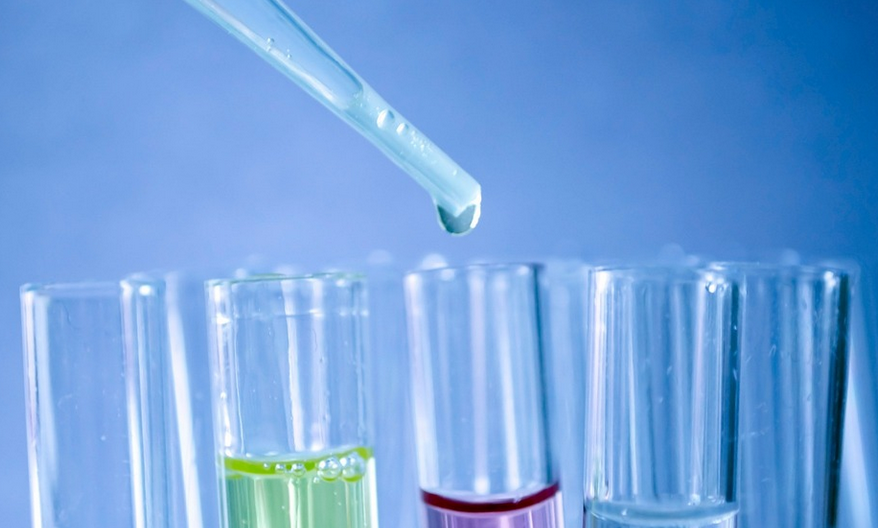The Importance of Adhesives in Electrical Connections
Electrical connections are crucial for the proper functioning of various devices and equipment. These connections can be achieved through different methods, including soldering, crimping, and connectors. However, these methods may not always provide secure and reliable connections. This is where adhesive for electrical connections comes in handy. Adhesives play a significant role in ensuring safe and secure connections in various applications.
The Types of Adhesive for Electrical Connections
There are different types of adhesive for electrical connections, including epoxy, silicone, polyurethane, and acrylic. Epoxy adhesives are popular for their high strength and resistance to environmental factors, such as moisture and chemicals. Silicone adhesives offer excellent flexibility and resistance to high temperatures. Polyurethane adhesives provide excellent adhesion to different substrates, including plastics and metals. Acrylic adhesives are known for their fast curing time and good adhesion to various surfaces.
Factors to Consider When Choosing Adhesive for Electrical Connections
Choosing the right adhesive for electrical connections is crucial for ensuring the proper functioning of your devices and equipment. Some factors to consider when choosing adhesive include the type of substrate, operating temperature, and environmental factors. It is also essential to consider the curing time and the application method.
The Application of Adhesive for Electrical Connections
Adhesive for electrical connections can be applied in different ways, including manual application, automated dispensing, and injection molding. Manual application involves applying the adhesive using a brush, syringe, or spatula. Automated dispensing involves using equipment, such as robots, to apply the adhesive accurately and consistently. Injection molding involves injecting the adhesive into a mold, which creates a pre-formed part.
The Benefits of Using Adhesive for Electrical Connections
Using adhesive for electrical connections provides several benefits, including improved reliability, reduced maintenance costs, and increased safety. Adhesive can also help in reducing the size and weight of electrical devices and equipment. Additionally, adhesive can provide excellent electrical insulation, which is crucial for preventing short circuits and electrical leakage.
The Challenges of Using Adhesive for Electrical Connections
While adhesive for electrical connections provides numerous benefits, it also poses some challenges. One of the challenges is the need for proper surface preparation before applying the adhesive. The substrate must be clean and dry to ensure proper adhesion. Another challenge is the need for proper curing time and conditions. Failure to follow the recommended curing time and conditions can result in poor adhesion and reduced reliability.
The Future of Adhesive for Electrical Connections
The demand for adhesive for electrical connections is expected to increase in the future, driven by the growing demand for reliable and safe electrical devices and equipment. Manufacturers are also expected to develop new and innovative adhesive products that can meet the evolving needs of different applications.
Conclusion
Adhesive for electrical connections is an essential component in ensuring safe and secure connections in various applications. Choosing the right adhesive and applying it correctly can provide numerous benefits, including improved reliability, reduced maintenance costs, and increased safety. While adhesive for electrical connections poses some challenges, it remains a crucial element in the electrical industry.

